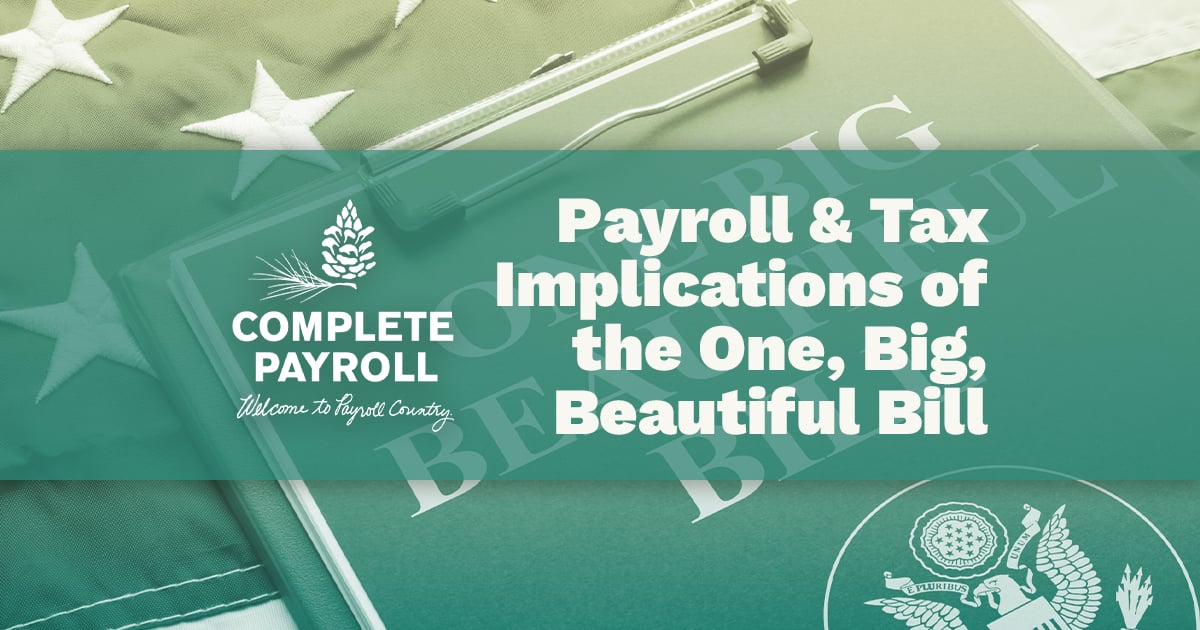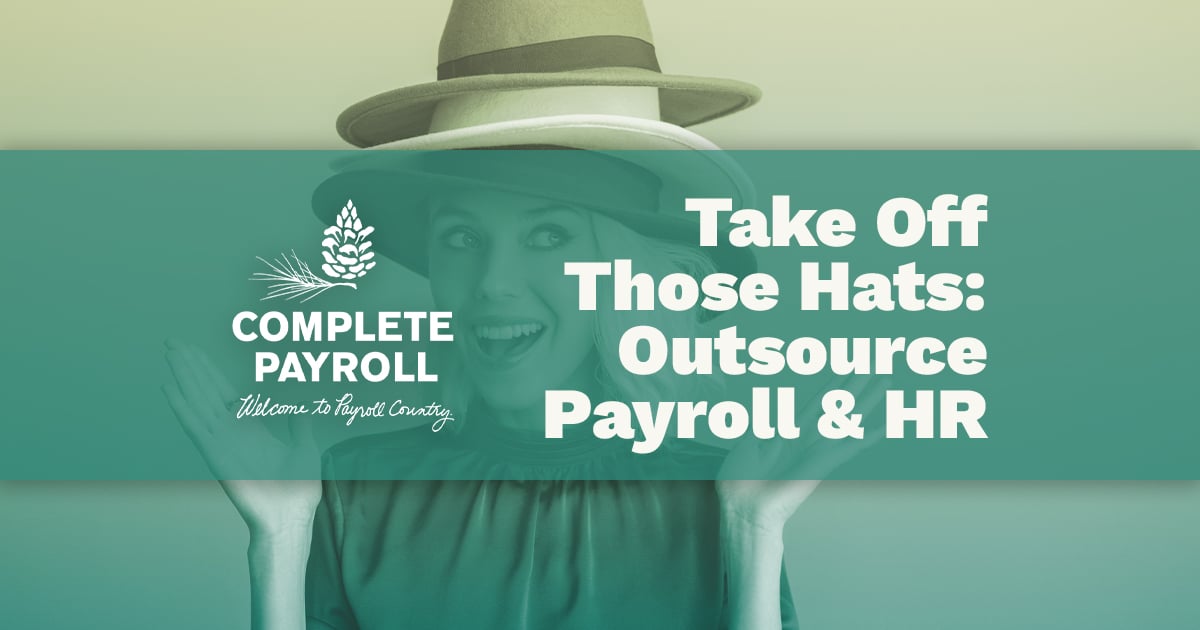
If you have any employee that questions why the exact time they punched into work isn't always the same as the exact time that shows up on their time sheet, you'll want to share this article with them.
Let's start here... Time clock rounding is a standard practice.
Gone are the days when workers would literally "punch" in and out of their work shifts every day. In 2016, most businesses automate that with a computerized time and attendance system so that data automatically calcluates hours worked for the pay period. It's a win-win because it literally saves everyone time and money.
Beyond that, most automated time and attendance system will also round the exact time to one of the following options...
- the nearest five minute (:00, :05, :10, etc.)
- the nearest one-tenth hour (:00, :06, :12, etc.)
- the nearest quarter-hour (:00, :15, :30, etc.)
So let's say your time and attendance system rounds to the nearest quarter-hour (every 15 minutes).
If you clocked in at 8:07 a.m., your time sheet will automatically round your time to 8:00 a.m., paying you for an additional 7 minutes worked.
However, if you clicked in at 8:08 a.m., time clock rounding will automatically correct your time to 8:15 a.m., which would mean you'll work for 7 minutes without pay.
(It's clear to see which of the two scenarios employees will have a problem with.)
Time clock rounding is legal.
For over 50 years, a federal regulation has authorized the practice of time clock rounding. But it wasn't challenged in federal court until May of 2016 (as we write this article, just a few months ago).
Here's the quick story...
Andre Corbin, an employee of Time Warner, filed a class action lawsuit on the grounds that time clock rounding short-changed him wages. Even though the data showed that - as a result of time clock rounding - he either broke even or gained on 58% of his shifts, over the period of several months he would have earned an additional $15.02 (yes, fifteen dollars and two cents) had Time Warner not rounded his time.
Corbin's believed unless EVERY employee either broke even or gained, then time clock rounding is both unfair and in violation of the federal regulation.
Ultimately, Andre Corbin lost the suit because the court decided that the practice of time clock rounding is equitable and does not generally fail to properly compensate workers.
In other words, it's fair because workers are just as likely to gain wages from time clock rounding as they are to lose it.
If you want more details about the case, you can find them here.
Time clock rounding is fair.
That's really what this all comes down to. Because an hourly worker is just as likely to be paid for hours they didn't work as they are to not be compensated for hours they did work, time clock rounding is viewed as an ethical practice.
Additionally, time clock rounding makes calculating payroll easier. Which is a benefit to both employers and employees - by making their pay stubs and hourly calculations simpler.
Despite this, implementing and maintaining a time clock rounding practice can be tricky for the reasons Mr. Corbin decided to take his case to court. It's probably not a bad idea to conduct audits every once in a while to ensure employees aren't being short-changed wages based on the rounding.
If you have any questions about time clock rounding, time and attendance systems or anything else related to payroll and taking care of your people - get in touch with us. We're always happy to help.
If you're a small business owner or HR Manager trying to wrap your head around the complex world of time and attendance, check out our comprehensive resource page, Time and Attendance - A Complete Guide. This page spells out literally everything you'd need to know about time and attendance, including timekeeping procedures, time clocks, employee scheduling, compliance considerations, emerging trends and a whole bunch more.



















 Get Instant Blog Notifications
Get Instant Blog Notifications


